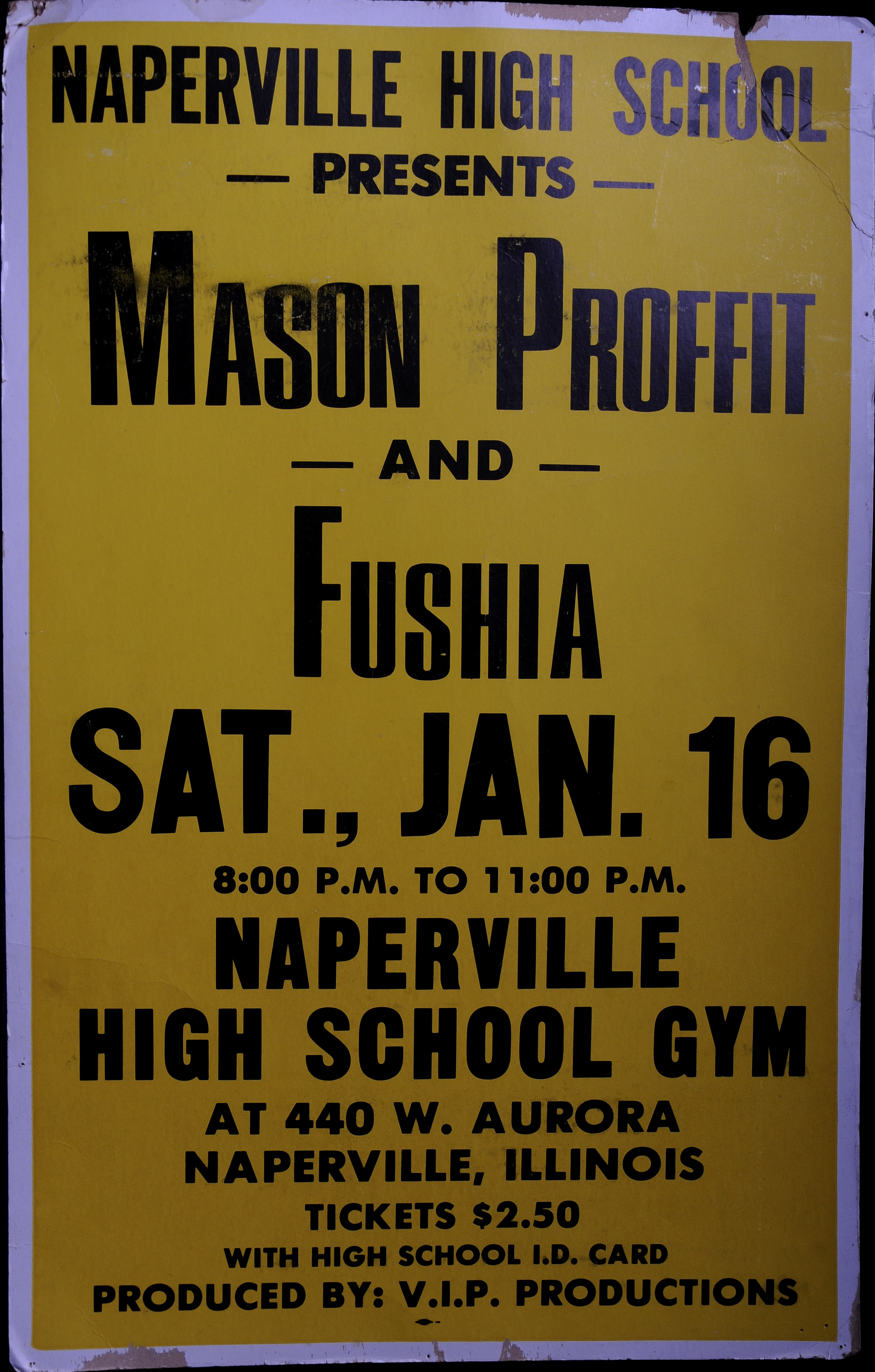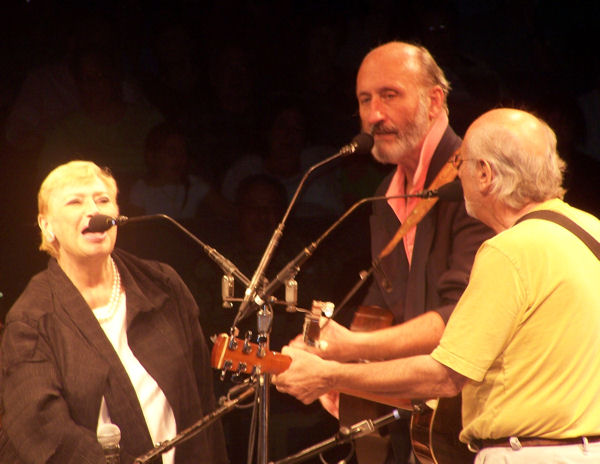|
Skewball
Skewball was the name of an 18th-century British racehorse, most famous as the subject of a broadsheet ballad and folk-song. History The horse was foaled in 1741 and originally owned by Francis Godolphin, 2nd Earl of Godolphin, and later sold. His name has been recorded as "Squball", "Sku-ball", or "Stewball". He won many races in England and was sent to Ireland. The Irish turf calendar states that he won six races worth £508 in 1752, when he was eleven years old, and was the top-earning runner of that year in Ireland. His most famous race took place on the plains of Kildare, Ireland, which is generally the subject of the song of the same name. The early ballad about the event has Skewball belonging to an Arthur Marvell or Mervin. Based on the horse's name, Skewball was likely a skewbald horse though he was listed in stud books as a bay. Songs There are two major different versions of the sporting ballad, generally titled either "Skewball" or "Stewball"; the latter is more p ... [...More Info...] [...Related Items...] OR: [Wikipedia] [Google] [Baidu] |
Sporting Song
A sporting song is a folk song which celebrates fox hunting, horse racing, gambling and other recreations. Although songs about boxers and successful racehorses were common in the nineteenth century, few are performed by current singers. In particular fox-hunting is considered politically incorrect. The most famous song about a foxhunter, " D'ye ken John Peel" was included in ''The National Song Book'' in 1906 and is now often heard as a marching tune. A. L. Lloyd recorded two EPs of sporting ballads; "Bold Sportsmen All" (1958) and "Gamblers and Sporting Blades (Songs of the Ring and the Racecourse)" (1962). The High Level Ranters and Martin Wyndham-Read recorded an album called "English Sporting Ballads" in 1977. Logan English recorded an album ''American Gambling Songs'' in the 1950s. John Jacob Niles recorded ''American Folk and Gambling Songs''. '' The Prospect Before Us'' (1976) by The Albion Dance Band contains two rarely heard hunting songs. In the UK, The Watersons ar ... [...More Info...] [...Related Items...] OR: [Wikipedia] [Google] [Baidu] |
Lonnie Donegan
Anthony James Donegan (29 April 1931 – 3 November 2002), known as Lonnie Donegan, was a British skiffle singer, songwriter and musician, referred to as the "King of Skiffle", who influenced 1960s British pop and rock musicians. Born in Scotland and brought up in England, Donegan began his career in the British trad jazz revival but transitioned to skiffle in the mid-1950s, rising to prominence with a hit recording of the American folk song "Rock Island Line" which helped spur the broader UK skiffle movement. Donegan had 31 UK top 30 hit singles, 24 were successive hits and three were number one. He was the first British male singer with two US top 10 hits. Donegan received an Ivor Novello lifetime achievement award in 1995 and in 2000 he was made an MBE. Donegan was a pivotal figure in the British Invasion due to his influence in the US in the late 1950s. Life Donegan was born in Bridgeton, Glasgow, Scotland, on 29 April 1931. He was the son of an Irish mother and a Scots ... [...More Info...] [...Related Items...] OR: [Wikipedia] [Google] [Baidu] |
Racehorse
Horse racing is an equestrian performance sport, typically involving two or more horses ridden by jockeys (or sometimes driven without riders) over a set distance for competition. It is one of the most ancient of all sports, as its basic premise – to identify which of two or more horses is the fastest over a set course or distance – has been mostly unchanged since at least classical antiquity. Horse races vary widely in format, and many countries have developed their own particular traditions around the sport. Variations include restricting races to particular breeds, running over obstacles, running over different distances, running on different track surfaces, and running in different gaits. In some races, horses are assigned different weights to carry to reflect differences in ability, a process known as handicapping. While horses are sometimes raced purely for sport, a major part of horse racing's interest and economic importance is in the gambling associated with i ... [...More Info...] [...Related Items...] OR: [Wikipedia] [Google] [Baidu] |
John Lomax
John Avery Lomax (September 23, 1867 – January 26, 1948) was an American teacher, a pioneering musicologist, and a folklorist who did much for the preservation of American folk music. He was the father of Alan Lomax, John Lomax Jr. and Bess Lomax Hawes, also distinguished collectors of folk music. Early life The Lomax family originally came from England with William Lomax, who settled in Rockingham County in what was then "the colony of North Carolina." John Lomax was born in Goodman in Holmes County in central Mississippi, to James Avery Lomax and the former Susan Frances Cooper. In December 1869, the Lomax family traveled by ox cart from Mississippi to Texas. John Lomax grew up in central Texas, just north of Meridian in rural Bosque County.Porterfield, p. 10. His father raised horses and cattle and grew cotton and corn on the of bottomland that he had purchased near the Bosque River.Porterfield, p. 12. He was exposed to cowboy songs as a child.Porterfield, p. ... [...More Info...] [...Related Items...] OR: [Wikipedia] [Google] [Baidu] |
The Four Pennies
The Four Pennies were an English Beat music, beat group most notable for their 1964 UK chart-topping song "Juliet (The Four Pennies song), Juliet". The band achieved four more top 40 hits in the UK, but failed to chart in the United States during the so-called British Invasion. Career The Four Pennies were founded in 1963, and initially consisted of Lionel Morton (vocals, rhythm guitar), Fritz Fryer (lead guitar), Mike Wilshaw (bass, keyboards, backing vocals), and Alan Buck (drums) The group's name was chosen as a more commercial alternative to "The Lionel Morton Four", and was decided upon after a meeting above a Blackburn record shop, music shop, Reidy's Home of Music, which was then situated on "Penny Street". In their homeland, the group scored a number 47 placing with their first single, 1964's "Do You Want Me To". They then became famous for having a Chart-topper, number one hit record, hit in the UK Singles Chart later in 1964 with "Juliet (The Four Pennies song), Juli ... [...More Info...] [...Related Items...] OR: [Wikipedia] [Google] [Baidu] |
Would You Believe? (The Hollies Album)
''Would You Believe?'' is the fourth UK album by the Hollies, released in 1966. Overview The album features a cover of Simon and Garfunkel's "I Am a Rock" and Chuck Berry's "Sweet Little Sixteen". Also included is the Evie Sands cover "I Can't Let Go", which became a major hit for the Hollies. This was the Hollies' last album with original bass player Eric Haydock, who took a leave of absence from the group after the American tour that followed the last recording session for the album, missing the recording session for the follow-up single "Bus Stop", and then either quit or was fired shortly after returning. Both the stereo and mono mixes of ''Would You Believe?'' were digitally remastered at EMI Studios (now Abbey Road Studios) by Peter Mew in March 1998. In the UK, the remastered album was released with both mixes on one disc. Recording ''Would You Believe?'' was recorded at EMI Studios in London, UK and was produced by Ron Richards – who worked for other Abbey Road ar ... [...More Info...] [...Related Items...] OR: [Wikipedia] [Google] [Baidu] |
The Hollies
The Hollies are a British pop rock band, formed in 1962. One of the leading British groups of the 1960s and into the mid-1970s, they are known for their distinctive three-part vocal harmony style. Allan Clarke (singer), Allan Clarke and Graham Nash founded the band as a Merseybeat-type group in Manchester, although some of the band members came from towns further north in East Lancashire. Nash left the group in 1968 to form Crosby, Stills & Nash, though he has reunited with the Hollies on occasion. They enjoyed considerable popularity in the UK and Europe during the mid-1960s with a string of hit singles that included "Just One Look (song), Just One Look" (1964), "Here I Go Again (The Hollies song), Here I Go Again" (1964), "I'm Alive (The Hollies song), I'm Alive" (1965; their first of two UK number-ones), "Look Through Any Window" (1965) and "I Can't Let Go" (1966), although they did not achieve US chart success until "Bus Stop (song), Bus Stop" was released in 1966. The grou ... [...More Info...] [...Related Items...] OR: [Wikipedia] [Google] [Baidu] |
Joan Baez/5
''Joan Baez/5'' is the fifth solo album and third studio album by American folk singer Joan Baez, released in October 1964. It peaked at number 12 on the ''Billboard'' 200 chart. The single " There But for Fortune" reached number 50 on the Billboard Hot 100 in the U.S. and became a top-ten single in the UK. History Unlike her prior albums, ''Joan Baez/5'' was divided evenly between contemporary work and traditional folk material. " There But for Fortune" was written by Phil Ochs, and she also included Bob Dylan's "It Ain't Me Babe" and Johnny Cash's "I Still Miss Someone", as well as a number of traditional English and American folk songs. Director Spike Lee included Baez' recording of Richard Fariña's "Birmingham Sunday" (about the 16th Street Baptist Church bombing in 1963, in which four young African-American girls lost their lives) in his 1997 documentary '' 4 Little Girls''. Liner notes were written by Langston Hughes. The 2002 Vanguard reissue contains two bonus tracks: ... [...More Info...] [...Related Items...] OR: [Wikipedia] [Google] [Baidu] |
Joan Baez
Joan Chandos Baez (; born January 9, 1941) is an American singer, songwriter, musician, and activist. Her contemporary folk music often includes songs of protest and social justice. Baez has performed publicly for over 60 years, releasing more than 30 albums. Fluent in Spanish and English, she has also recorded songs in at least six other languages. Baez is generally regarded as a folk singer, but her music has diversified since the counterculture era of the 1960s and encompasses genres such as folk rock, pop, country, and gospel music. She began her recording career in 1960 and achieved immediate success. Her first three albums, ''Joan Baez'', ''Joan Baez, Vol. 2'' and ''Joan Baez in Concert'', all achieved gold record status. Although a songwriter herself, Baez generally interprets other composers' work, having recorded songs by the Allman Brothers Band, the Beatles, Jackson Browne, Leonard Cohen, Woody Guthrie, Violeta Parra, the Rolling Stones, Pete Seeger, Paul Simon, Ste ... [...More Info...] [...Related Items...] OR: [Wikipedia] [Google] [Baidu] |
Mason Proffit
Mason Proffit was an American country rock band from Indianapolis, Indiana, that released five albums between 1969 and 1973. They are known for their song "Two Hangmen", which garnered a significant amount of Album Oriented Rock airplay. History Brothers Terry Talbot and John Michael Talbot played together in several local bands around Indianapolis, Indiana and later in Chicago. After their group Sounds Unlimited disbanded, in 1969 they formed Mason Proffit with a focus on the emerging blend of American folk music, folk, country music, country and rock music, rock that would come to be called country rock. "Two Hangmen", written by the older brother, Terry, and released on their first album, ''Wanted'', became a regional hit. This helped their second album, ''Movin' Toward Happiness'', chart on the Billboard 200, ''Billboard'' 200. ''Wanted'' was nominated for Best Album Cover for the 1971 Grammy Awards mistakenly as being entitled ''Mason Proffit''. In 1972, the band signed to ... [...More Info...] [...Related Items...] OR: [Wikipedia] [Google] [Baidu] |
Cash Box
''Cashbox'', also known as ''Cash Box'', was an American music industry trade magazine, originally published weekly from July 1942 to November 1996. Ten years after its dissolution, it was revived and continues as ''Cashbox Magazine'', an online magazine with weekly charts and occasional special print issues. In addition to the music industry, the magazine covered the amusement arcade industry, including jukebox machines and arcade games. History Print edition charts (1952–1996) ''Cashbox'' was one of several magazines that published record charts in the United States. Its most prominent competitors were '' Billboard'' and '' Record World'' (known as ''Music Vendor'' prior to April 1964). Unlike ''Billboard'', ''Cashbox'' combined all currently available recordings of a song into one chart position with artist and label information shown for each version, alphabetized by label. Originally, no indication of which version was the biggest seller was given, but from October 25, 19 ... [...More Info...] [...Related Items...] OR: [Wikipedia] [Google] [Baidu] |
Peter, Paul And Mary
Peter, Paul and Mary was an American folk group formed in New York City in 1961 during the American folk music revival phenomenon. The trio consisted of tenor Peter Yarrow, baritone Paul Stookey, and contralto Mary Travers. The group's repertoire included songs written by Yarrow and Stookey, early songs by Bob Dylan, and covers of other folk musicians. They were enormously successful in the early- and mid-1960s, with their debut album topping the charts for weeks, and helped popularize the folk music revival. After the death of Travers in 2009, Yarrow and Stookey continued to perform as a duo under their individual names. Mary Travers said she was influenced by Woody Guthrie, Pete Seeger, and the Weavers. In the documentary ''Peter, Paul & Mary: Carry It On — A Musical Legacy'', members of the Weavers discuss how Peter, Paul and Mary took over the torch of the social commentary of folk music in the 1960s. The group was inducted into the Vocal Group Hall of Fame in 1999. Peter, ... [...More Info...] [...Related Items...] OR: [Wikipedia] [Google] [Baidu] |




